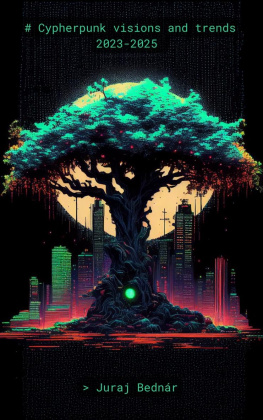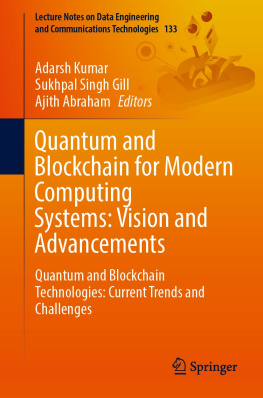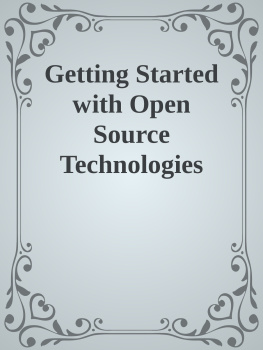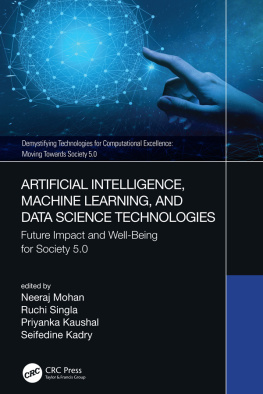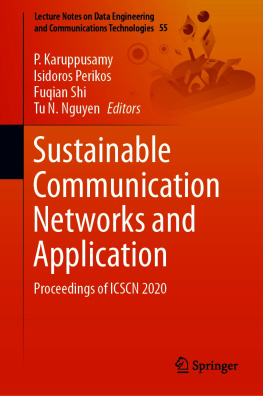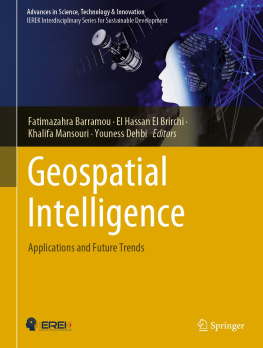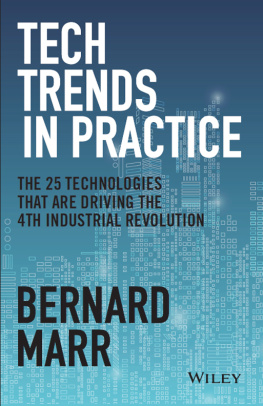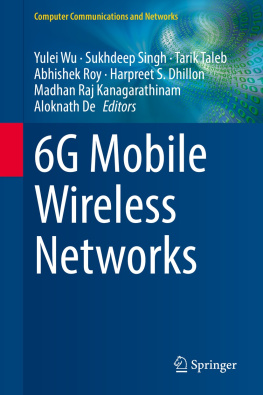Introduction
We are coming out of a pandemic into turmoil and increased volatility. War in Ukraine led to (an addition to murdering innocent people) changing perceptions of world power. Formerly emerging countries want a seat at a table. Regulators are crazy, regulating everything from charging ports, artificial intelligence to cryptocurrencies and messaging apps. We can only laugh at the past madness of mandatory cookie boxes on websites and other nonsense. What is coming from them is way worse.
Metaphorical money printers were working non-stop during the pandemic and as I write this at the beginning of 2023, we experience monetary deflation, but we are already far beyond any reasonable monetary expansion. The inflation will slowly melt and create Cantillon effect islands of inflation that will hurt the most and enrich the few.
We cypherpunks have a unique worldview. We do not strive to change the world for the masses and definitely not for everyone. We believe that we can use technological tools to improve our lives, but we do not try to force them on anyone.
This is a positive book, even though it does not start like one. Why?

In this short book, I want to present you with the visions, trends and wishes for cypherpunks, not for the general population. These technologies will (hopefully) appear or improve in the following years. They can be used by anyone, but they will not be used by everyone. Some people still believe in the old-world-order, in politicians, parliaments, commissions and top-down hierarchical models of governing society.
Cypherpunks are striving to be ungovernable, hidden. We do not concern ourselves with things like how can an average employee with a mortgage make use of this? We aim to not be an average employee with a mortgage in the first place.
In short - we want to plant flowers and trees. For us, they are in the form of technologies, tools or even different mindsets.
This book aims to plant a few seeds and help them grow. For technological creators, the goal is to give them entrepreneurial ideas. For cypherpunks (the clients of these entrepreneurs), it should describe what tools to look for, to create demand for them and help them find ways to solve problems that are likely to arise in the future.
Many of these solutions already exist - from peer to peer OTC bitcoin markets, proxy merchants, privacy tools to sovereign open-source artificial intelligence and decentralized energy production. We hope that we start using them more, seeing their potential and a way to improve our lives.
Cypherpunk technologies power cryptoanarchist philosophy and create practical tools to solve common problems, such as systematic breaking of natural rights, censorship, violence, theft. These tools improve human cooperation, help peer to peer societal structures and enable more ways to enjoy our lives and sow the fruits of our labor. But first, we must plant some flowers and trees
Lets dive in
Deregulation as competitive advantage, jurisdictional arbitrage
As regulations are introduced, many people try to avoid them. This trend is not new. Some novel stem cell therapies are done in Panama instead of the USA (where they were pioneered). Even Tony Robbins writes about it and promotes it. The philosophy of jurisdictional arbitrage go where you are treated best sums it up the best. As you will see throughout this book, it is important to understand several threads of development. On one hand, countries compete for business and introduce new loopholes to attract capital, on the other hand, everything gets more difficult. Dubai introduced several regulations including income tax (although not in Free Zones), Paraguay made it more difficult to obtain permanent residency (you need to go through temporary residency and additional bureaucracy) and more countries are joining reporting cartels with OECD-introduced Common Reporting Standard.
On the other hand, cypherpunk technologies enable true globalization. Some profitable companies do not even need a legal entity or jurisdiction and are powered by technologies. Dark Fi introduced the concept of AnonDAO, where the members of the DAO (decentralized autonomous organization), their votes and stakes are anonymized using zero knowledge technologies, homomorphic encryption, and other technologies.
People still have options to escape regulatory hells and on top of that, we have ever improving technologies of societal organization with interactions, governance and capital that allow for privacy-preserving cooperation.
I have written a paper about deregulation as a key driver of post-covid economic recovery. Deregulation is key for states to survive and attract capital (including people). For us individuals, we can ride this trend and go where we are treated best for a specific purpose (spending, making money, incorporating, banking, ). The principle of jurisdictional arbitrage and its profitability means that we will never have one regulatory hell, but competing jurisdictions. That does not mean we should become fans of any particular state - the regulations change all the time and what was once a good country becomes a regulatory hell.
As my friend Pavol Luptak says, the best way to take advantage of jurisdictional arbitrage is becoming global and flexible. A country introduced a regulation that impacts your business? Goodbye country A, we go to country B. People often say you cannot pick cherries from the top. Sure we can! And we should!
That is why Pavol Luptak and I founded a company called Liberation Travel. It helps cypherpunks decentralize and make use of these jurisdictional arbitrage opportunities - with permanent residencies, plan Bs (plural) and introducing flexibility into our lives.
New lifestyles - van nomadism, perpetual travel, digital nomads and vonu
Being global, flexible and making use of jurisdictional arbitrage brings another positive side effect. Many forms of state harassment disappear if the state thinks you are a tourist, or a nomad. Often you need to register or even ask for permission to stay somewhere more than a certain time (30 to 90 days is common length of stay for tourist visas in many countries). After more than a half year somewhere, tax residency kicks in and you are supposed to pay local taxes. Of course you should not work on tourist visas. As people become stationary, they are tied to a land, which is the perfect condition in which states start harassing you and milking you for tax revenue.
One of the most interesting (and unknown!) libertarian practices that reduce harassment is called vonu. The Vonu podcast website (I highly recommend the podcast!) defines vonu as the condition or quality of, as well as the action of achieving, an invulnerability to coercion.
There are many definitions of freedom. I like the definition of optionality and positive liberty, which is also a direct guide to increasing your freedom. If you optimize for increased options and creative output, you do not have freedom from something, but you increase a positive freedom to. If you are free, what do you do with your freedom? Thats why I emphasize creative output (which can be approximated by profit, but beware who you talk to, profit does not have a good rep among mainstream servile society).
Vonu on the other hand optimizes for freedom from and I think it is one of the best ways to optimize this type of negatively defined freedom (negatively not in a form of negative emotion, but a strategy to avoid something - in this case harassment). The goal of vonu is to attain the longest mean time to harassment - how many months or years till you have to fill a form, ask for permission or fight some kind of enforcement.

